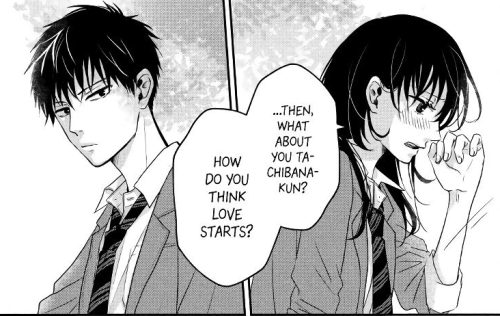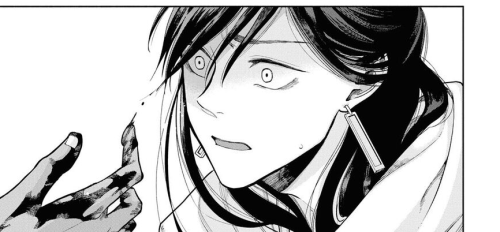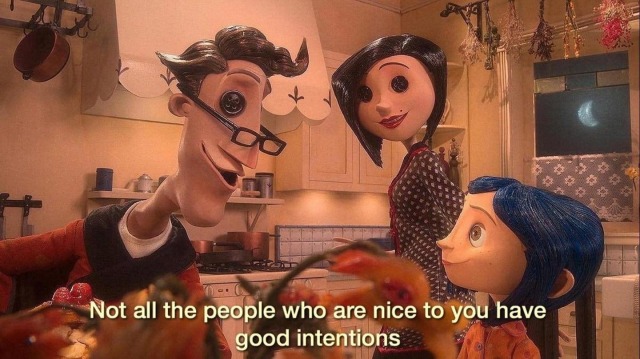#dramatic irony
THE FINAL CURTAIN
You turned my summer into winter
I needed a sweater just to feel better
But it was you, not the weather
I was always so warm
But then you made me cold
By pulling me away from the fireplace
Just so I was lost in you like a haze
I was always so bright
But you dimmed down the light
By blowing every candle in me out
Just like little seeds of doubt
I could really have done without
I was always inside all of the time
Locked away from everyone else you knew
Never treated the same as they were too
When you were mine I always had to hide
Because I never did anything that you liked
You loved to love me only when we could hide
Only when you were the only thing on our minds
Because you only loved the way I loved you
You didnt love loving me because I was lovely
You just loved the love you were getting out of me
Because I was never worth the limelight,
The crowd, the standing ovation or the smiles
You never thought I was worthy of your time
I don’t know why I even bothered sometimes
Because I was never the highlight,
The star of the show or invited to the afterparty
I was just the pillow fort that fell to the floor
I was just the hinge that only joined half the door
I was just the sand castle that never lasted the storm
I think its time for the final curtain, the last act,
Because this dress rehearsal just isn’t working
- by nail-in-the-wall (7.12.21) This is part of a two part series about dramatic irony. It was influenced by a situation that I never saw coming or knew could change. Part 2 will be posted sometime soon.
old-screnwriter-deactivated2022:
a plot twist tip you don’t hear very often
Sometimes suspense is worth it, even if it means serving your audience the entire plot on a silver platter:
- In Romeo and Juliet, the audience knows Juliet isn’t dead. Romeo does not. It’s a tragedy.
- In the TV-show Breaking Bad, a DEA agent is looking for a crystal-meth producer who calls himself “Heisenberg,” not knowing that “Heisenberg” is his brother-in-law.
- In the play Oedipus Rex, Oedipus tries to expose the murderer of King Laius, not knowing that he himself is the murderer.
That my friends, is what we call dramatic irony. A literary device in which the audience’s understanding of certain events or individuals in a story surpasses that of its characters.
What I mean by that is simple — not every plot twist or plot line that occurs in your story has to come as a surprise to your audience.
It’s not in any way wrong to drop important information ahead of time. Sometimes the best way to tackle a twist is simply to let your audience in on what’s happening. Let them anticipate the emotional reactions of the characters. In certain cases, that can be torture. Which is a good thing. Storytelling wise.
You’ll still have your audience at the edge of their seats, not out of suspense of what’sgoing to happen, but out of fear, and excitement, of how the characters they’ve grown to love are going toreact to it.
For all they know, the plot twist, and I am using plot twist loosely, it can just as well be a secret big enough to destroy a relationship, but not something that is going to affect every character, could potentially ruin everything.
It can turn characters against each other, massive consequences to follow. Maybe a certain character is heading towards a certain death, maybe their partner is falling in love with someone else, unaware of their partner’s infidelity.
Maybe a character is enjoying a nice day out at the park, not knowing that previous night a herd of zombies marched through. Instantly alarm bells starts ringing — the apocalypse is upon us. When is the character gonna find out? How are they gonna to find out?
Worst part — a close family member of the character has already fallen victim to the undead, and now, having been missing for a couple days, is approaching said character from behind, reanimated as a zombie. We’ve already seen this person bitten and turned, but for the character, it’s a different story.
Your audience are emotionally invested in your characters. Use that to your advantage.
To haveyour audience sit on a a piece of information, not knowing how it’s going to affect their favorite characters and relationships, can have just as much of an emotional impact as a “regular” plot twist.
old-screnwriter-deactivated2022:
a plot twist tip you don’t hear very often
Sometimes suspense is worth it, even if it means serving your audience the entire plot on a silver platter:
- In Romeo and Juliet, the audience knows Juliet isn’t dead. Romeo does not. It’s a tragedy.
- In the TV-show Breaking Bad, a DEA agent is looking for a crystal-meth producer who calls himself “Heisenberg,” not knowing that “Heisenberg” is his brother-in-law.
- In the play Oedipus Rex, Oedipus tries to expose the murderer of King Laius, not knowing that he himself is the murderer.
That my friends, is what we call dramatic irony. A literary device in which the audience’s understanding of certain events or individuals in a story surpasses that of its characters.
What I mean by that is simple — not every plot twist or plot line that occurs in your story has to come as a surprise to your audience.
It’s not in any way wrong to drop important information ahead of time. Sometimes the best way to tackle a twist is simply to let your audience in on what’s happening. Let them anticipate the emotional reactions of the characters. In certain cases, that can be torture. Which is a good thing. Storytelling wise.
You’ll still have your audience at the edge of their seats, not out of suspense of what’sgoing to happen, but out of fear, and excitement, of how the characters they’ve grown to love are going toreact to it.
For all they know, the plot twist, and I am using plot twist loosely, it can just as well be a secret big enough to destroy a relationship, but not something that is going to affect every character, could potentially ruin everything.
It can turn characters against each other, massive consequences to follow. Maybe a certain character is heading towards a certain death, maybe their partner is falling in love with someone else, unaware of their partner’s infidelity.
Maybe a character is enjoying a nice day out at the park, not knowing that previous night a herd of zombies marched through. Instantly alarm bells starts ringing — the apocalypse is upon us. When is the character gonna find out? How are they gonna to find out?
Worst part — a close family member of the character has already fallen victim to the undead, and now, having been missing for a couple days, is approaching said character from behind, reanimated as a zombie. We’ve already seen this person bitten and turned, but for the character, it’s a different story.
Your audience are emotionally invested in your characters. Use that to your advantage.
To haveyour audience sit on a a piece of information, not knowing how it’s going to affect their favorite characters and relationships, can have just as much of an emotional impact as a “regular” plot twist.






